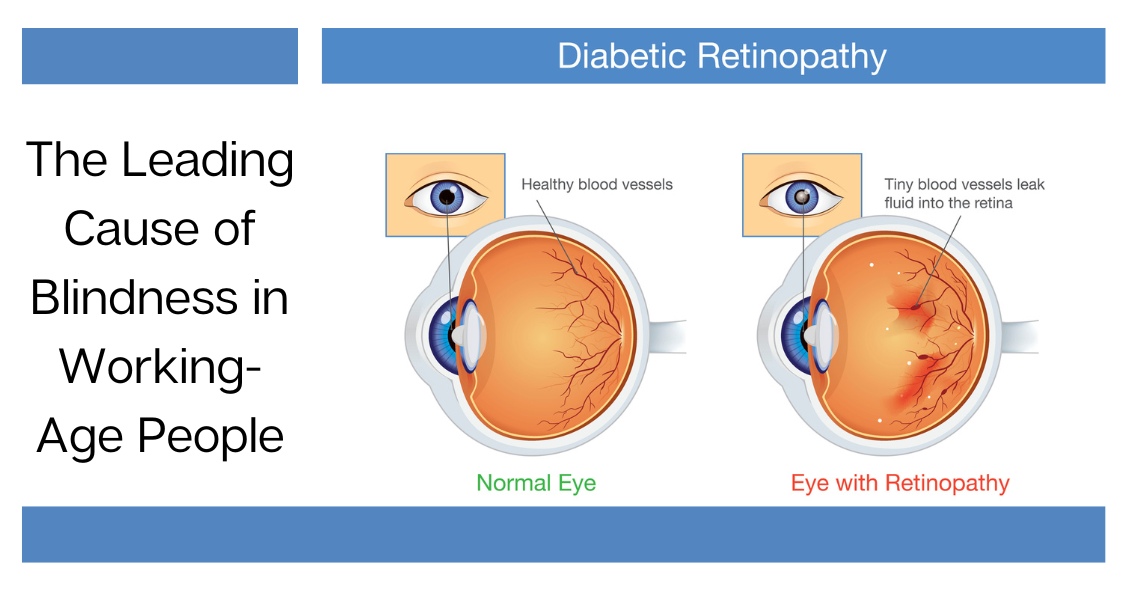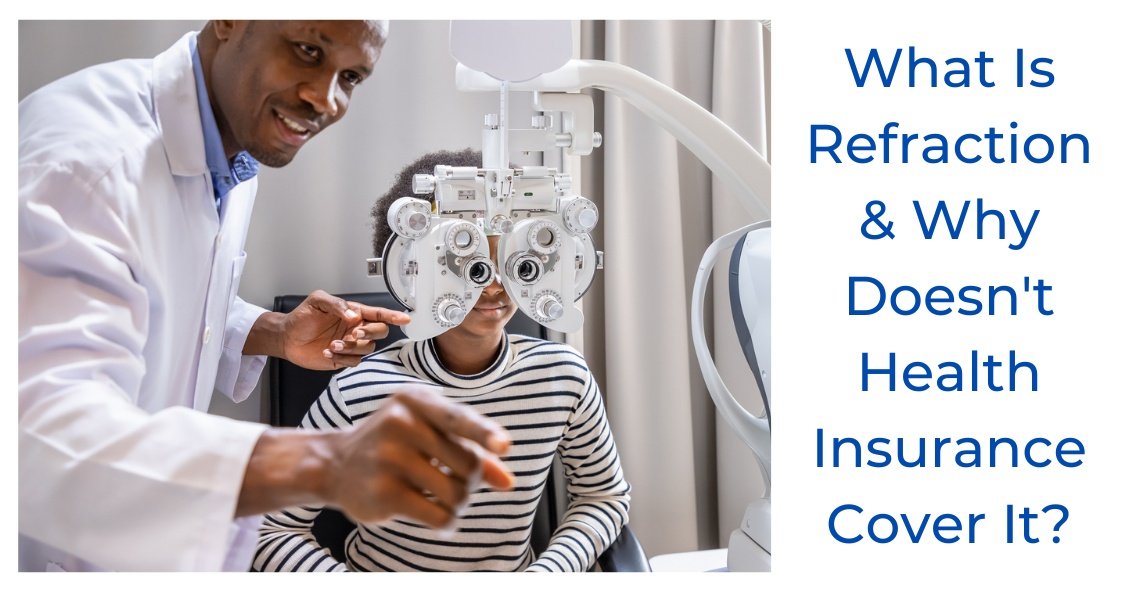Location & Hours
1901 Mitchell Road Suite C
Ceres, California 95307
Phone: (209) 537-8971
Fax: (209) 537-8974
Get Directions
| Monday | 8:30am — 5pm |
| Tuesday | 8:30am — 5pm |
| Wednesday | 8:30am — 5pm |
| Thursday | 8:30am — 5pm |
| Friday | Closed |
| Saturday | Closed |
| Sunday | Closed |


